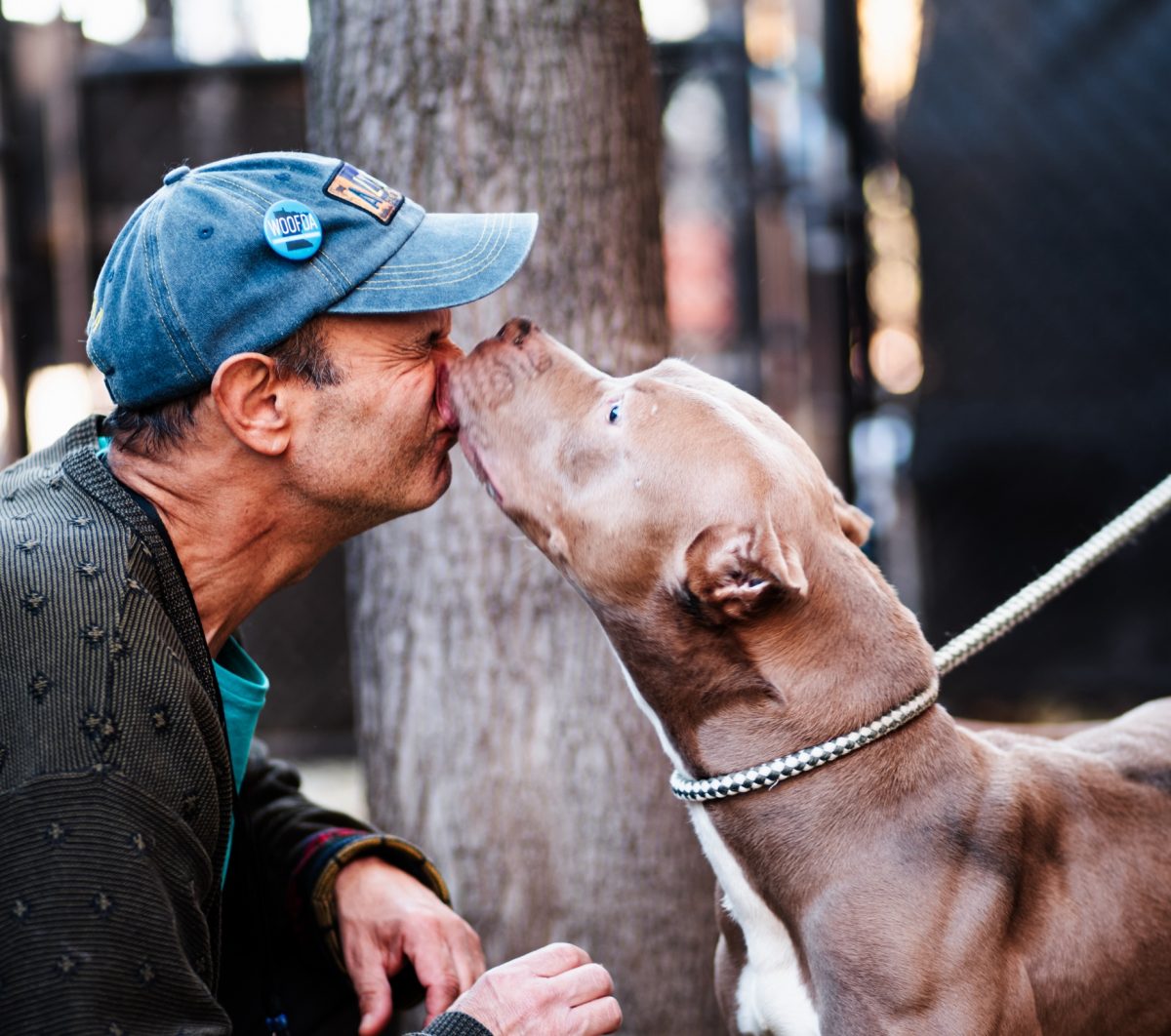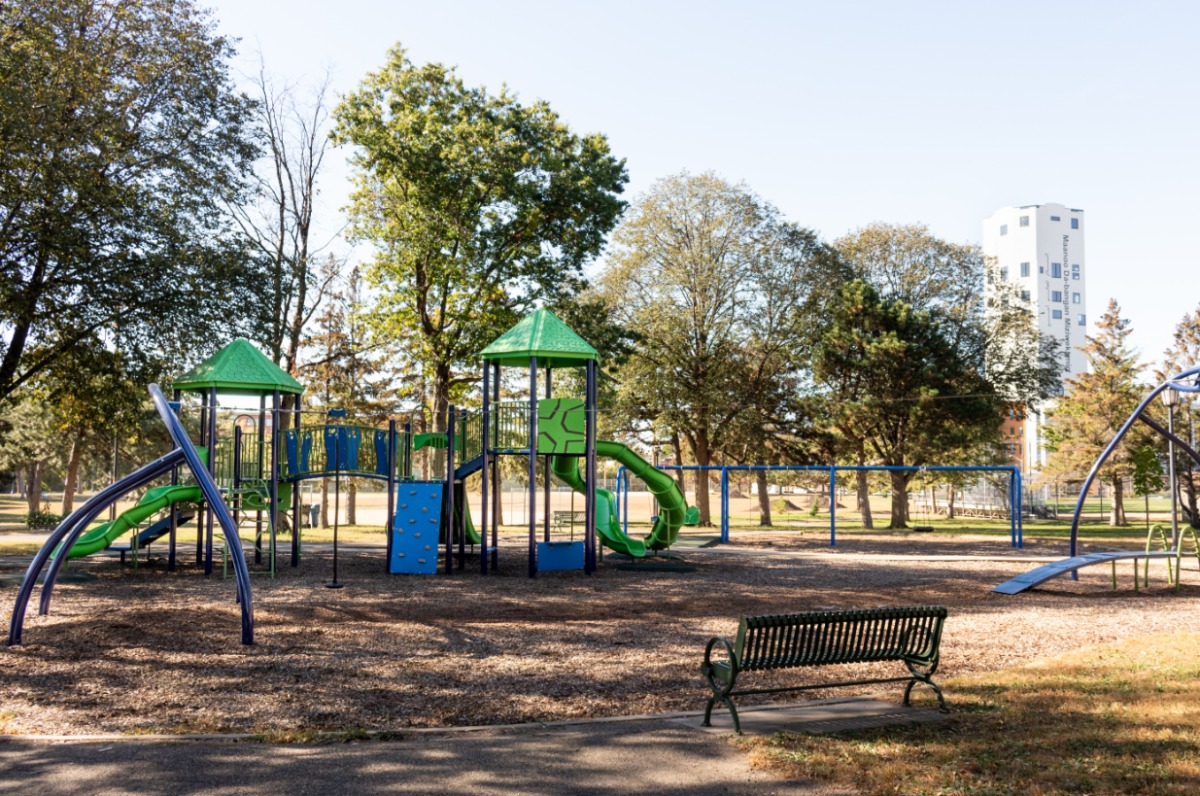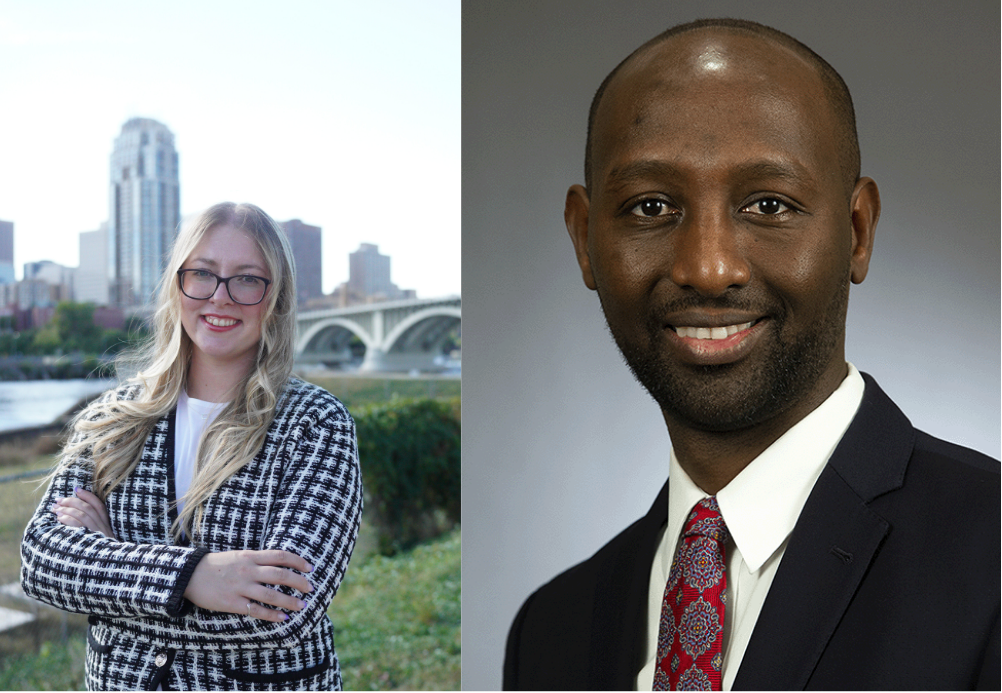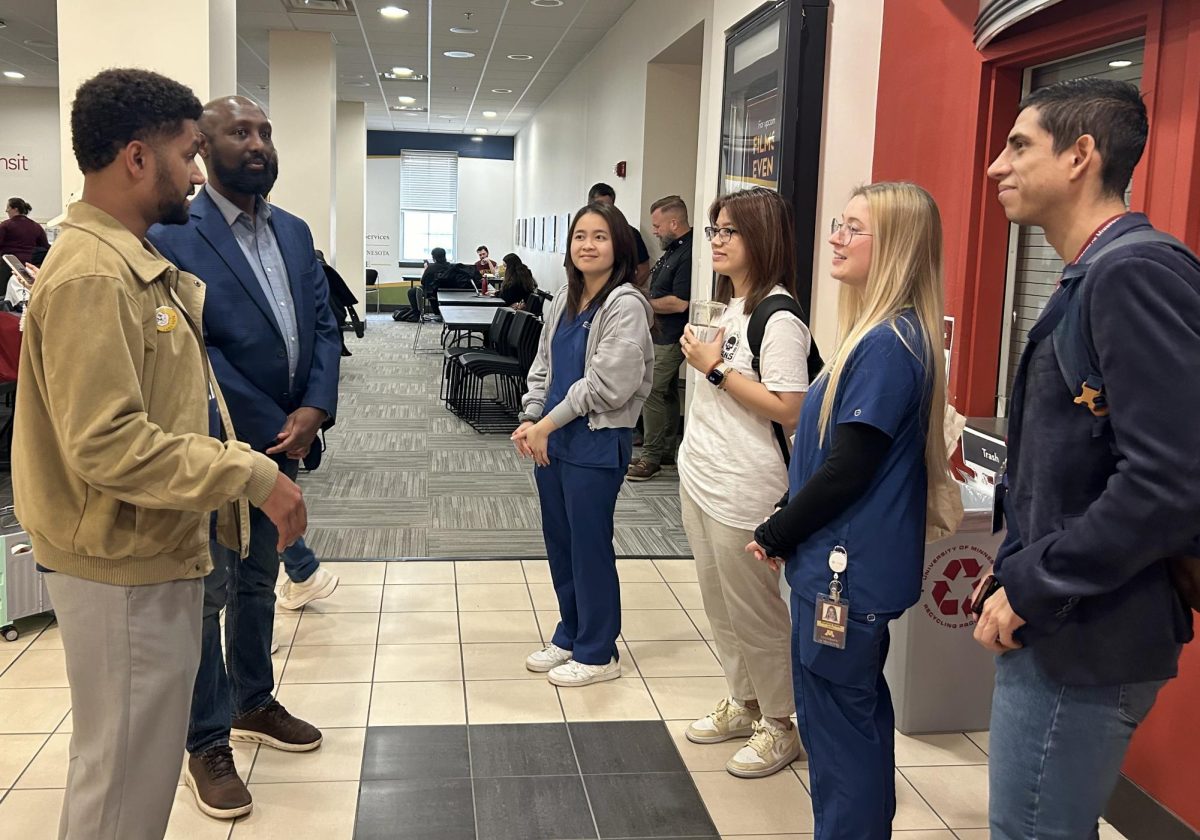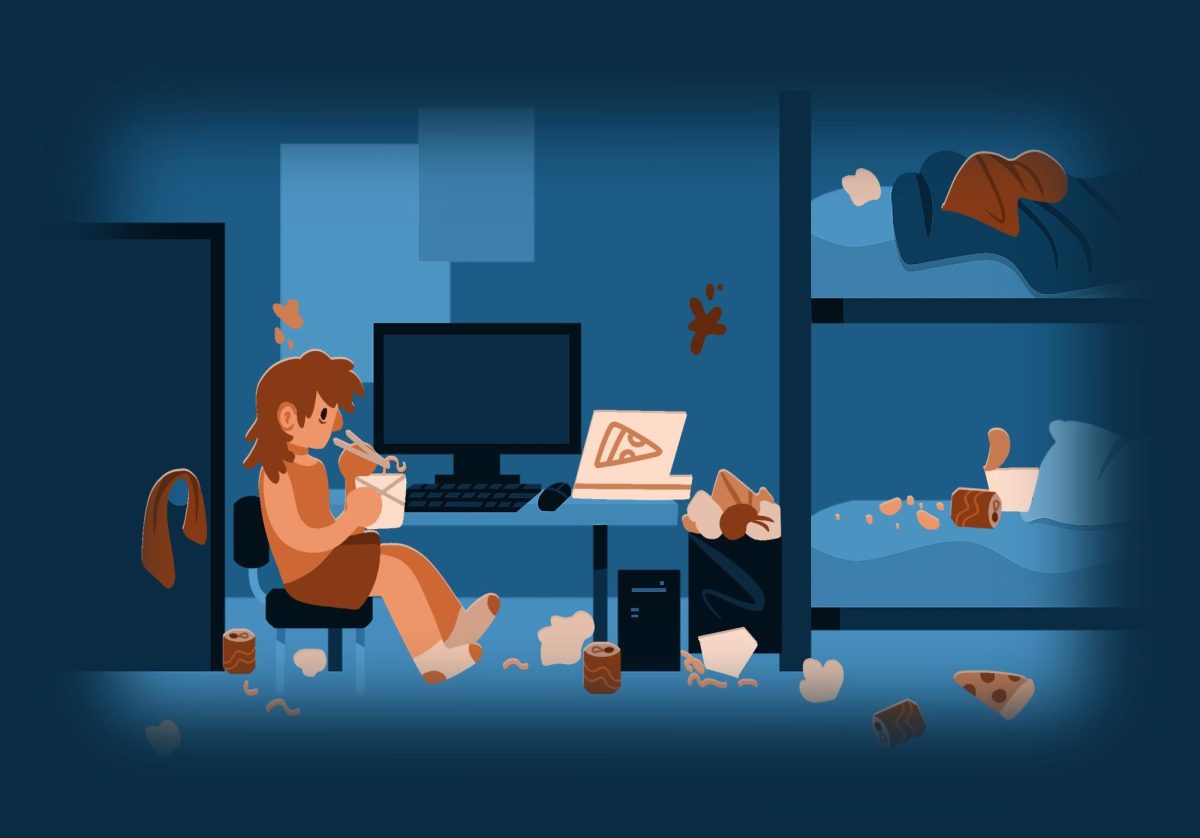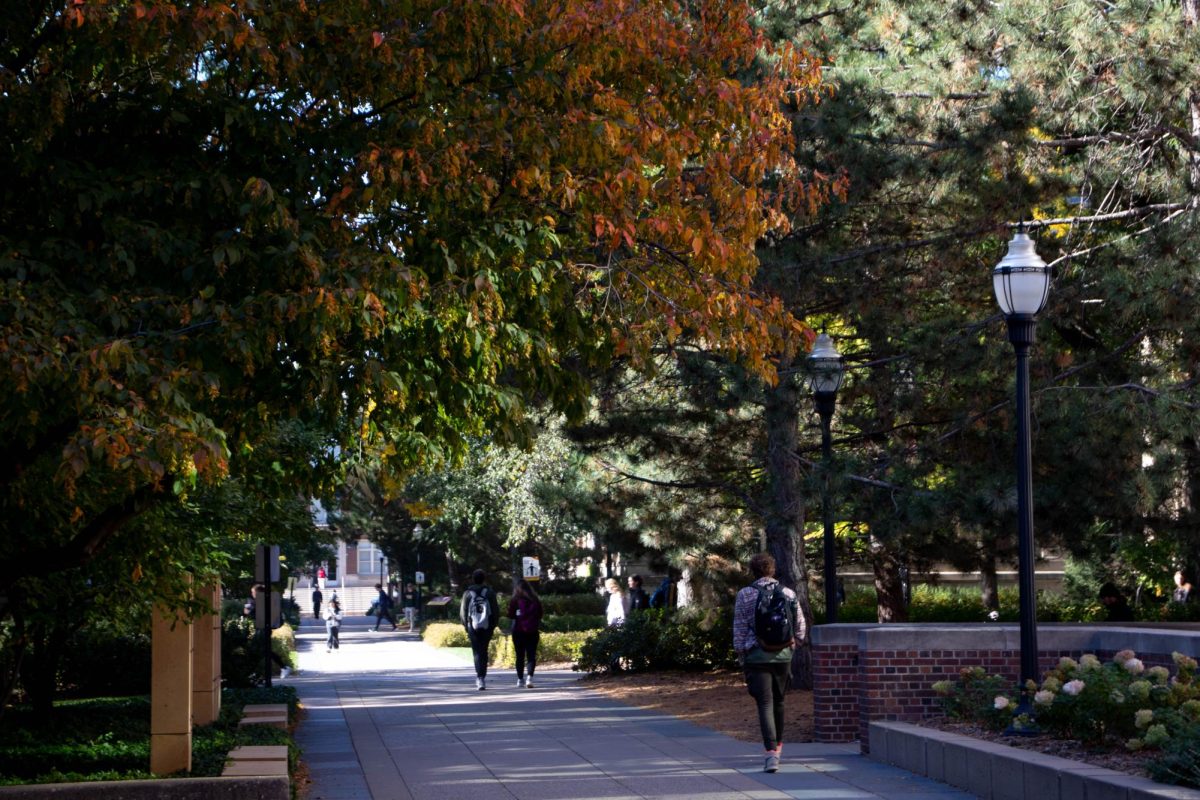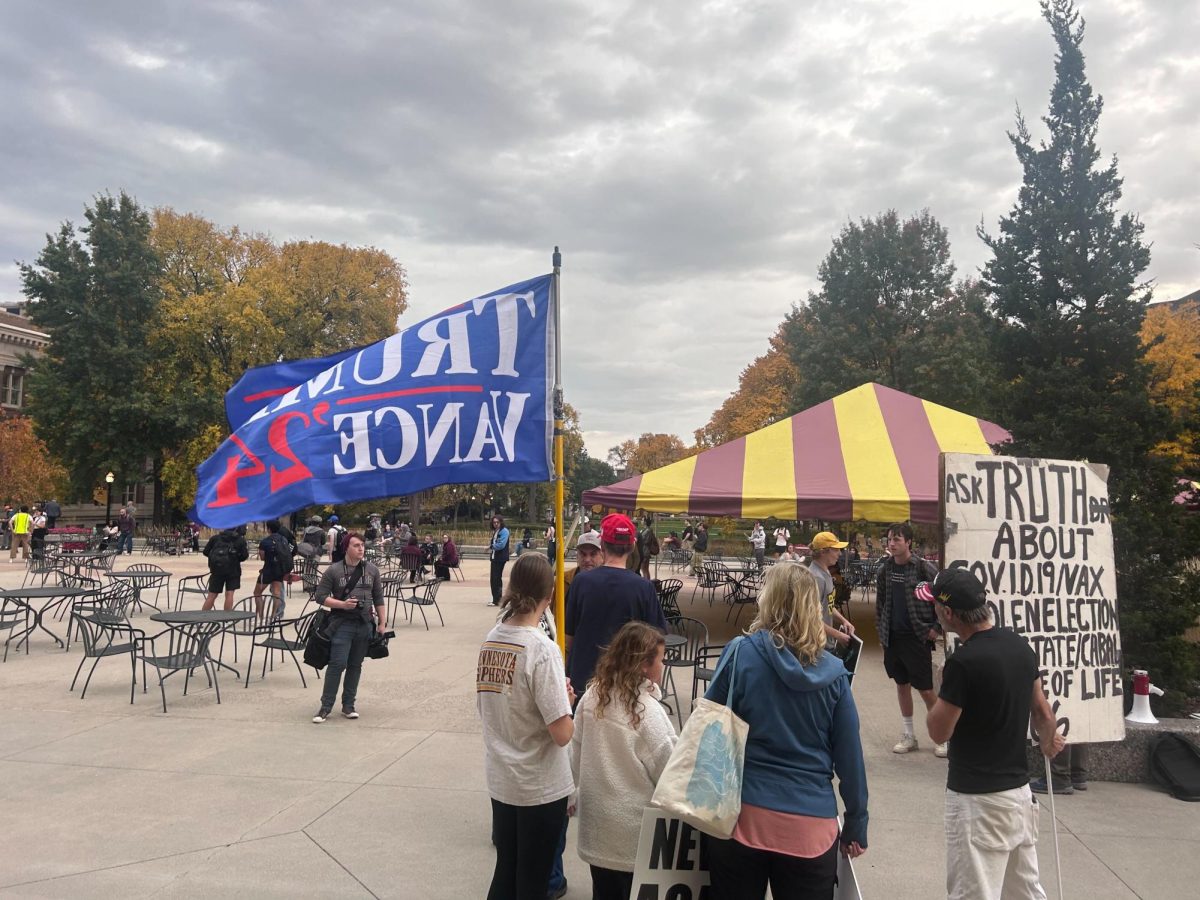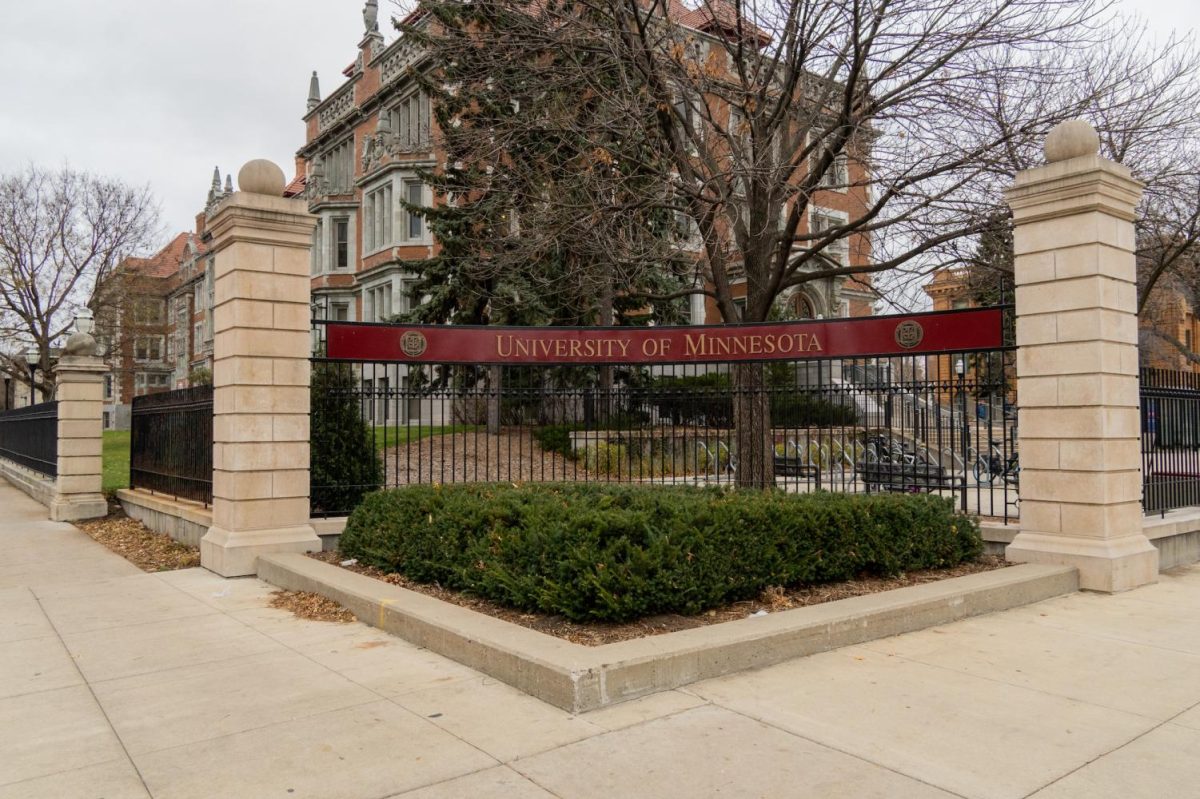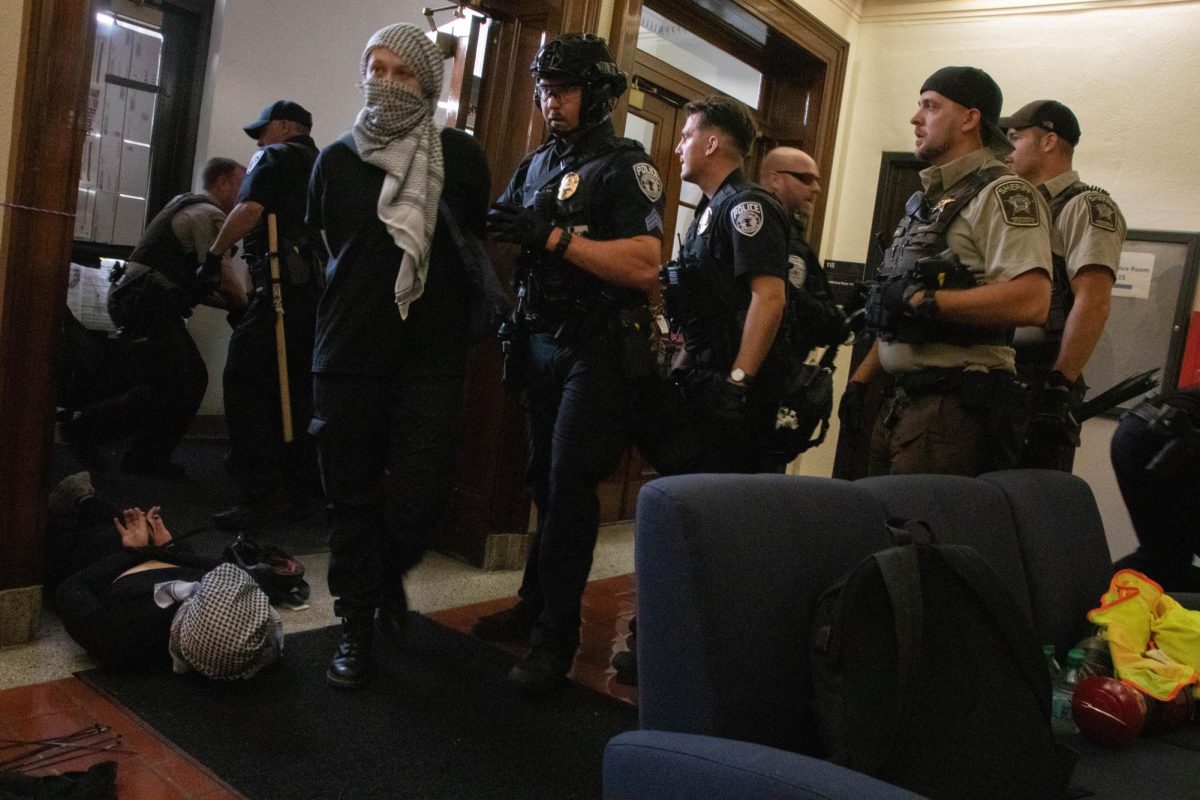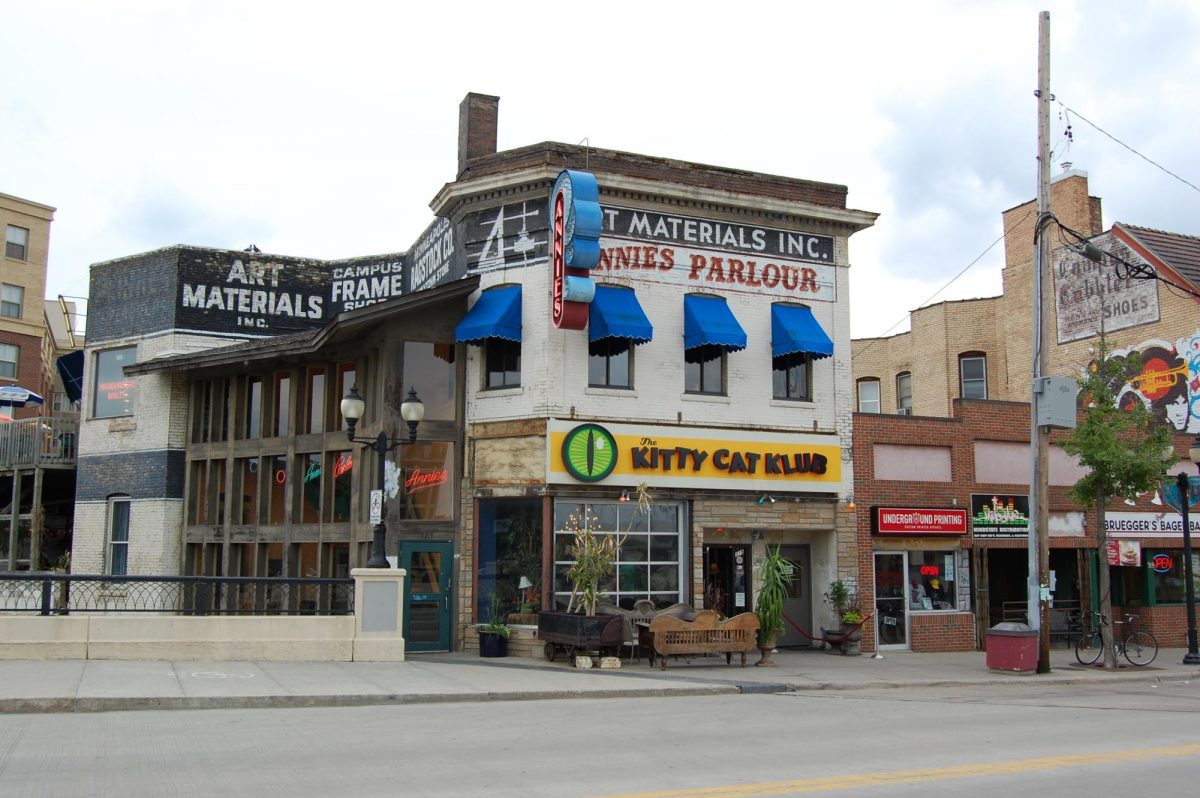The University of Minnesota’s Office for Equity and Diversity (OED) has reported about a 1,000% increase in demand for their services and programs over the past year.
Increasing numbers of academic departments and faculty members have requested to participate in equity and diversity programs offered through the University. OED is working to increase their offerings as more people begin to engage in conversations about race, according to Paul Ang, associate director of Racial and Social Justice Education at the University.
Associate Director of Racial and Social Justice Education Kelly Collins said the increase was because more faculty, staff and students want to discuss racial justice. Collins said the increase is tied to the murder of George Floyd and police killings of Amir Locke and Daunte Wright.
“When we speak specifically about police abolition and responding to the fight for racial justice, we create a lot of space in our programs to explore that,” Collins said.
One workshop that University students, staff and faculty can take offers discussions about implicit bias and microaggressions, while another looks at how personal actions play into equity and diversity.
The Equity Certificate Hosted Online (ECHO) program is another workshop that increased in demand over the past year. A waitlist has formed, consisting of people looking to participate in the two-hour workshop.
With the increase in requests for broader diversity education, other programs have recently been developed. Formed in 2019, the Gopher Equity Project is a required online learning module for first-year and transfer students that walks through concepts and situations of equity, power and privilege.
The module was tested by 520 students, the majority of whom were students of color. Over 90% of these students said the training was a beneficial exposure to diversity and social justice topics, according to Associate Vice Provost LeeAnn Melin.
In fall 2020, 3,000 students who completed the Gopher Equity project said they wanted to receive more discussion-based resources beyond online learning tools.
“The challenge right now is campus engagement during the pandemic,” Melin said. “We feel that this is just a start and we are looking to provide additional programs and discussion groups.”
Although the project developed prior to the murder of George Floyd, Melin said this event increased the University’s urgency to provide educational materials.
“We need to find opportunities to weave DEI into the student experience and not so much as a separate requirement so that students have an equal foundation and understanding,” Melin said.
Although OED programs do not offer students the opportunity to earn credit, curriculum development has expanded to include more classes that focus on social justice and race.
Last year, the Council on Liberal Education and the Faculty Senate passed a new academic theme on Race, Power and Justice that all students now need to fulfill to graduate from the University.
“We wanted to improve it to include racial justice and systemic inequality because race needed to be part of the new requirement,” said Kathryn Pearson, chair of the council on liberal education.
Since the requirement began this past fall, the council has received new proposals for courses from faculty that discuss racial injustice, systemic racism and economic inequality.
“The faculty of color were key to providing feedback about the proposal for the new theme,” Pearson said. “They felt it was important that all undergrads know how social, political and economic inequalities have been constructed.”
Pearson said refinement of curriculum will continue for years to come.
“We want to create opportunities to weave [diversity and race information] into the student experience so that it will be more effective, meaningful and purposeful for students on campus,” Melin said.



